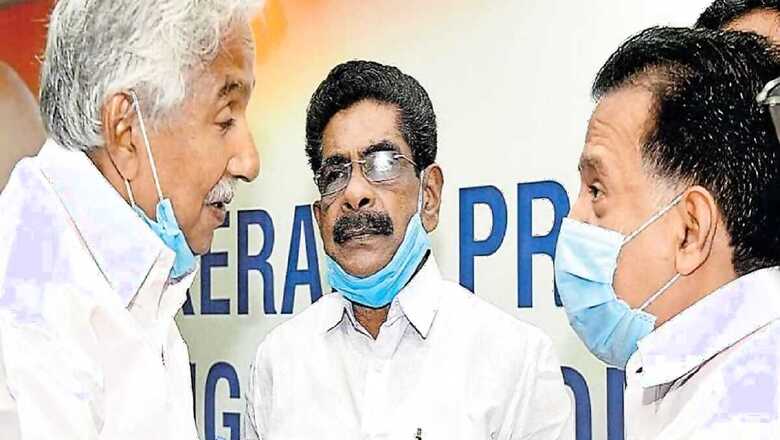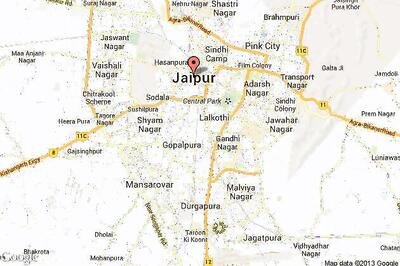
views
After squandering away a walkover win in the recent local body elections, Congress leaders in Kerala are hoping that AICC general secretary Tariq Anwar will have all the answers to the party’s ailments ahead of the assembly election that is just months away. But will the crisis end if Anwar visits Kerala and holds discussions for a day or two?
If so, why discussions by previous general secretaries did not resolve the systemic issues? Even when the powerful Ahmed Patel was the state in charge for Kerala, the problems didn’t go away. In fact, issues got worse. To save the Congress, the state level leaders will have to take up the onus.
The Real Issue With Congress
The problems in the state Congress are at two levels. One is the very public rift between senior leaders. The second is dissatisfaction of various sections of the society with the Congress party itself. It was the Leader of Opposition, Ramesh Chennithala, who led the party in the recent local body elections. He determined the agenda of the campaign against the Left government and devised a strategy on how to implement it. So, his rivals are now demanding that he should take responsibility for the party’s dismal performance in the polls. However, the usual demand for a leadership change after every election defeat have not gained in strength yet. For the time being this crisis within the party could be resolved by Tariq Anwar since assembly elections are just months away.
Crisis Outside the Congress
But what Tariq Anwar will find hard to solve, is the other big problem. No amount of cosmetic surgery at the organisation level can hide the fact that core voters are extremely dissatisfied with the Congress. Even leaders who have a decisive influence on policy making in the Congress acknowledge this reality. This has resulted in an erosion of the party’s traditional vote bank, the Christian community in Central Kerala.
This erosion has not happened overnight, nor can it be blamed on the Left government’s moves in the run-up to local body elections. It stems from the insecurity that has settled in the community with the influx of other minorities into domains traditionally monopolised by Christians. Somewhere, the community feels that the Congress has failed to protect their interests.
This insecurity has been compounded by the growing clout of the Muslim League in the United Democratic Front and electoral politics. That is why Chief Minister Pinarayi Vijayan’s recent statement that League is calling the shots in the Congress has touched a raw nerve. Many fear that if things continue to slide, the League would become senior partner in the alliance. Congress needs to put its act together, and take charge again.
The Solution
The dissatisfaction with Congress has manifested in many ways. It started with a mini-revolt by young leaders. But that was quelled. Young leaders were given charge of constituencies in run up to state elections. Troublemakers in Thiruvananthapuram were shifted to Malabar, and those who protested in Malabar were shifted to Thiruvananthapuram.
But the nub of the problem does not lie with the youth. The party has failed repeatedly to contain the infighting and one-upmanship among senior leaders.
To thwart the repeat of the local body election debacle, it is learnt that the central leadership is sending Tariq Anwar with a tried and failed formula. Instead of one person taking all the election decisions, an election management committee will be formed. This will be the guarantee that Anwar will extend to dissatisfied leaders. As usual, the KPCC and AICC are confident this assurance would be enough. But this may not be the case anymore.
Many leaders who have been critical of the state leadership say the crisis will not end there. They have warned against an election committee comprising only the troika of KPCC president, Opposition Leader and former CM Oommen Chandy. What they want is an extended committee comprising leaders who have a strong presence on the ground.
This means the group politics with in Congress party, which troubled the high command is also changing. Second level leaders in the groups with In the party are defying their leaders and are competing with each other. The question is, will the central leadership pay heed to them or will this competition end up in the formation of new groups.
Read all the Latest News, Breaking News and Coronavirus News here


















Comments
0 comment